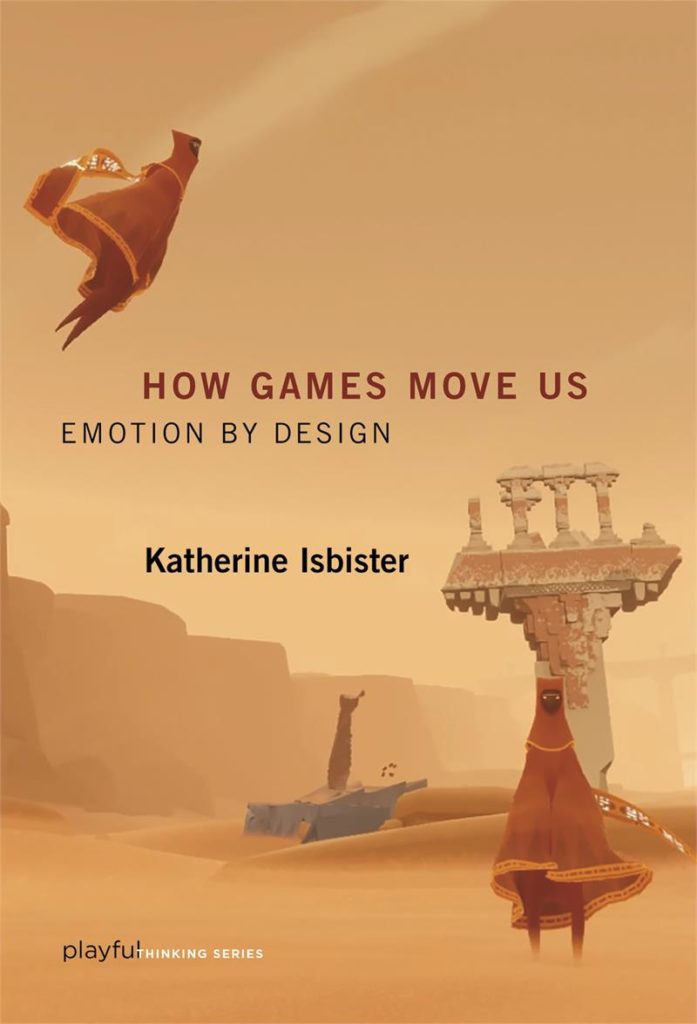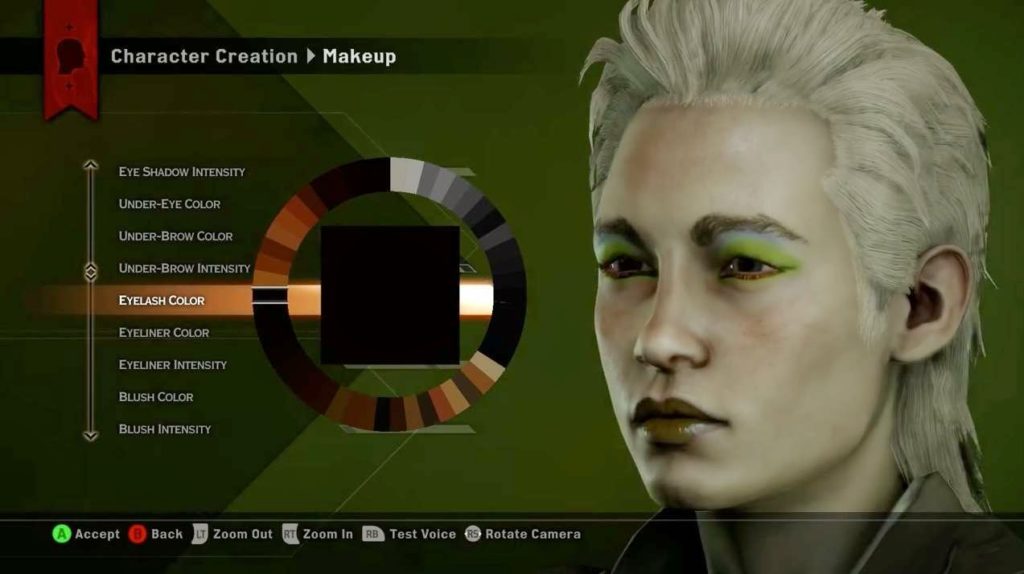Have you ever been completely gripped by a video game? Has a game put you in a difficult situation and you still remember how you struggled to find a way out? Or maybe you’ve built up a friendship with a video game character. Games have a unique ability to evoke emotions in players that can often be stronger and more profound than those elicited by other forms of media. In this blog post, we will explore how video games can evoke emotions and what makes them so impactful in connecting with players on a deeper level.

In her 2016 book “How games move us”, Katherine Isbister examines the various ways that games can elicit emotions, such as through storytelling, social interaction, and player choice. I had the honor of briefly talking to her at gamescom a few years ago. In games, players can make meaningful choices, allowing them to have an impact on the outcome of things. That way, games foster experiences.
These experience can be educational as well – by making mistakes and learning from them, we can learn a lot about the real world from video games. Nowadays, some games are designed to teach how to use medical equipment or how to speak a foreign language.
Interactive Experiences
Games have a superpower: interactivity. When I play a game, I am the protagonist. I am jumping over cliffs, I am collecting coins, and I am talking to this goblin that’s trying to sell me a health potion for old rusty bottle caps. By putting players right into the shoes of our protagonists, and letting them see, feel and act through them, video games have the potential to evoke a wide range of emotions and create a deep sense of empathy and connection with the characters and their experiences. In games, we can make our mark in the game worlds and see the consequences for our actions – allowing us to feel emotions like regret, remorse, or pride. These are emotions that are difficult to trigger through movies or books, because they stem from the element of interactivity.

For some games and players, that connection can be heightened through customization: selecting and dressing an avatar or making yourself at home by placing furniture throughout the game area. Being able to customize parts of the game experience creates a sense of ownership and emotional attachment between the player and the game world. Naming characters (maybe the same as our real-world name) or choosing their appearance makes us identify with in-game characters even more, heightening our sense of immersion and attachment. That attachment can make some story beats more impactful and give the players agency.
Social experiences
Another reason why video games can have a strong emotional impact is their ability to foster relationships and community. Multiplayer games, in particular, can bring people together from all over the world and create bonds that last long after the game is over. I fondly remember the people I played with during my World of Warcraft phase. These relationships can be a source of comfort and support, especially for those who struggle with social anxiety or other challenges.
In addition to their emotional impact, video games can also have a positive impact on mental health. Games that challenge the player’s mind, such as puzzle games or strategy games, can improve cognitive skills such as memory and problem-solving. Games can also provide a welcome distraction from stress and anxiety, helping players to relax and unwind.
Games that move us

Games don’t have to be super complex and heavy to be meaningful. A game that recently moved me was Florence – a rather short mobile game that lets players experience the story of a relationship between two people. I still remember exactly where I sat while playing the game (in a train, window to the left) and how I felt deeply touched by the experiences Florence has to go through. In the case of Florence, it was the combination of great game design, art, and music, that made the experience something special.
Which games moved you recently? Which games have had an impact on your life?






